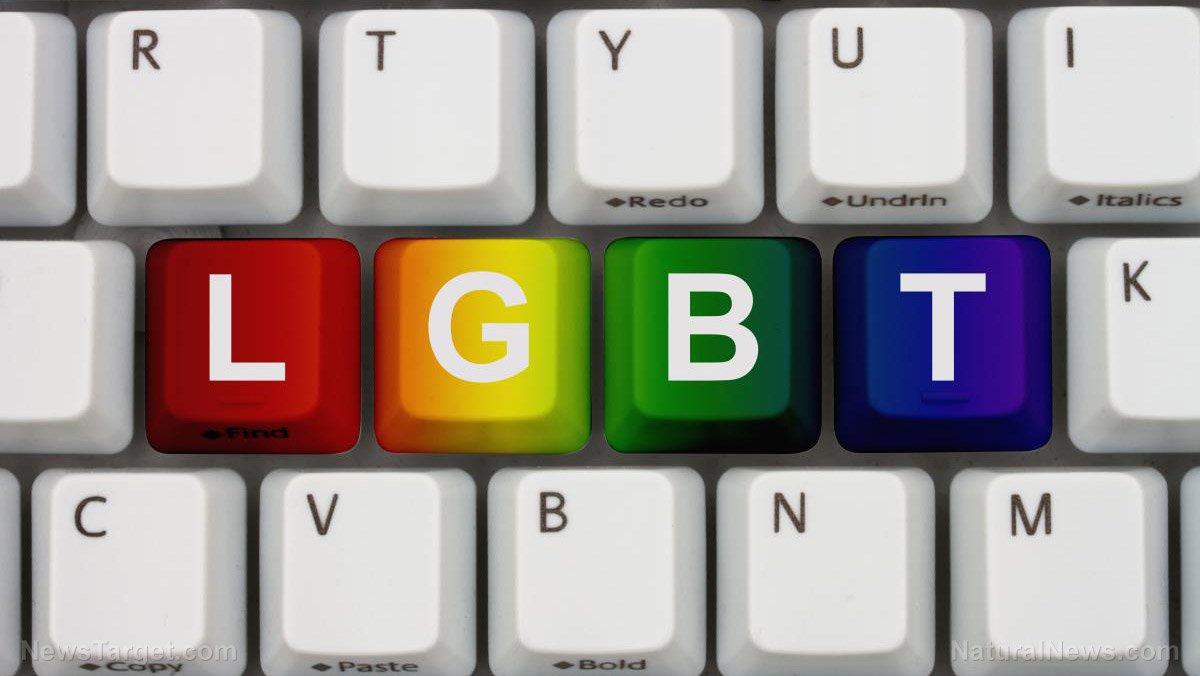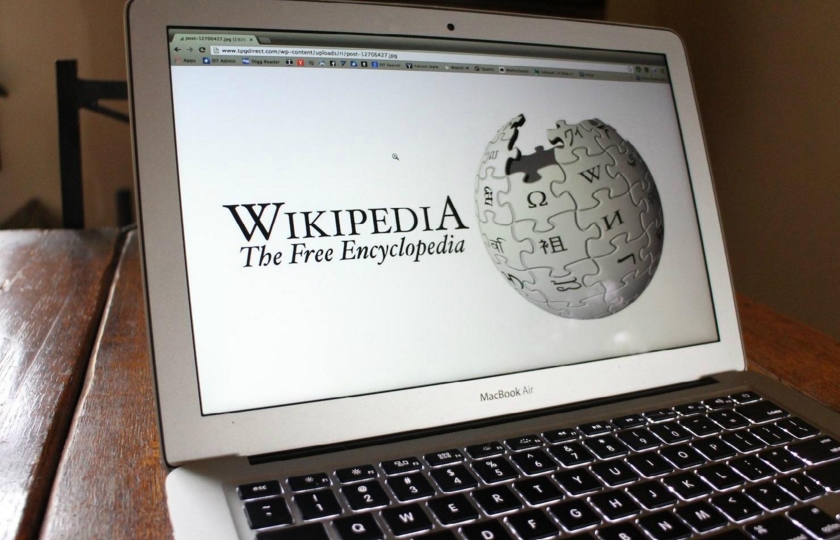Climate change language allowed in Idaho science curriculum despite House Education Committee voting to remove it
04/29/2019 / By Isabelle Z.

Human-caused climate change is highly controversial, and one of the biggest problems is that the concept is often presented as fact even though much of the science behind it is far from settled. The Idaho House Education Committee recently voted to strip all references to human-caused climate change from proposed new education standards for science in the state, but their efforts ultimately failed when the state senate went ahead and approved the standards anyway.
Earlier in February, the House Education Committee voted on a motion set forth by Representative Scott Syme, a Republican representing Caldwell, that struck part of the Idaho Content Standards relating to climate change. The deleted language included, “energy and fuels are derived from natural resources and their uses affect the environment” as well as several paragraphs in “supporting content” delving into climate science further.
That vote went 12-4, with the three Democrats sitting on the panel being joined by Republican Representative Patrick McDonald of Boise in opposing the motion to ditch the climate change passages.
The science on climate change leaves us with far more questions than answers, and a lot of the “science” that shows climate change is caused by human activity is dubious at best. The waters are further muddied by those with vested interests in the concept of human-caused climate change distorting data and statistics to further their cause. In Idaho, just 24 percent of the Republican lawmakers believe in human-caused climate change; this is the lowest percentage in the nation.
In addition to the lack of clear facts about the subject, Rep. Syme has argued that including human-caused climate change in the standards would essentially force students to reach a certain conclusion instead of trying to draw their own – which is exactly the type of thinking that schools should be fostering in children.
He said: “When we heard all the testimony, it was clear that all the students want to do inquiry and all the teachers want to move to this inquiry based type of learning and I think that is just spectacular. My problem with the one paragraph was that it led to conclusions. When you have conclusions in standards, it stifles inquiry.”
Debate in several states over what students should be taught about climate change
Idaho was the only state in the country in which legislators had removed references to climate change and the effects of human activity, although West Virginia and Texas have both restricted what students there are allowed to be taught about climate change. Last year, nine states mulled bills that would restrict the teaching of climate change or encourage teachers to present alternative opinions in the climate debate.
Even as other states considered similar measures, the Idaho decision didn’t sit well with everyone. Some parents, students and teachers banded together to try to sway lawmakers to change their minds, testifying and submitting public comments in favor of revising the standards to include climate “science.”
In a 6 to 3 vote that attracted support on both sides of the aisle late last month, the Senate committee ultimately approved the original standards, including the climate change content. Since both of the chambers didn’t agree to reject them, the standards will go into effect, putting an end to three years of debate and controversy.
Sources for this article include:
Tagged Under: brainwashing, climate change, climate science, environment, global warming, global warming in school, grade school education, human activity, Idaho, Idaho public schools, indoctrination, political education, public education, science curriculum



















